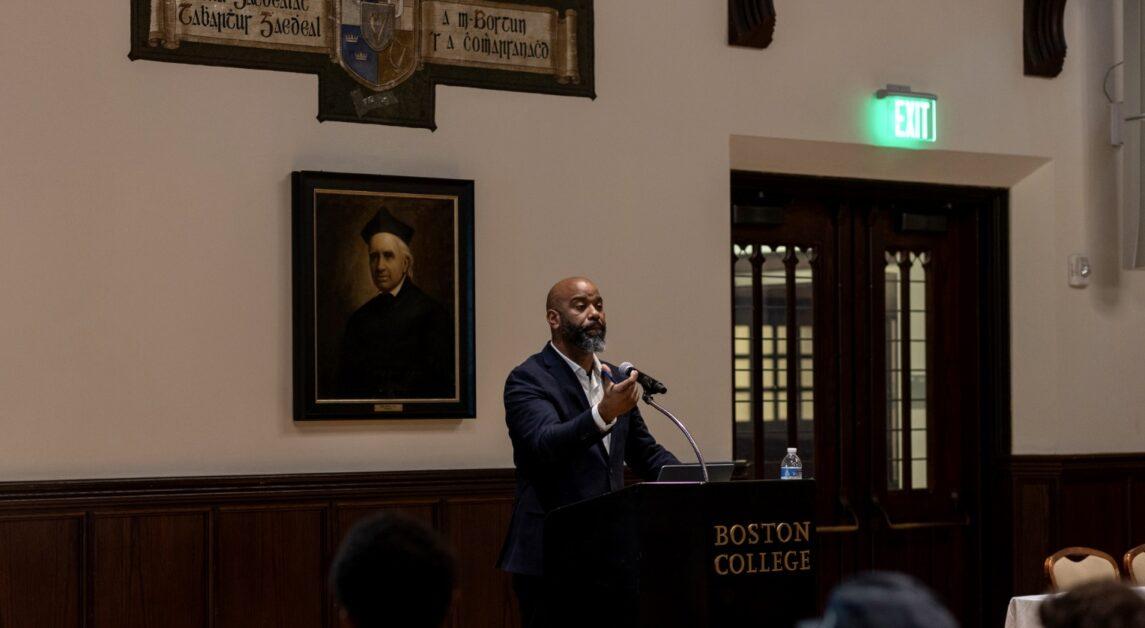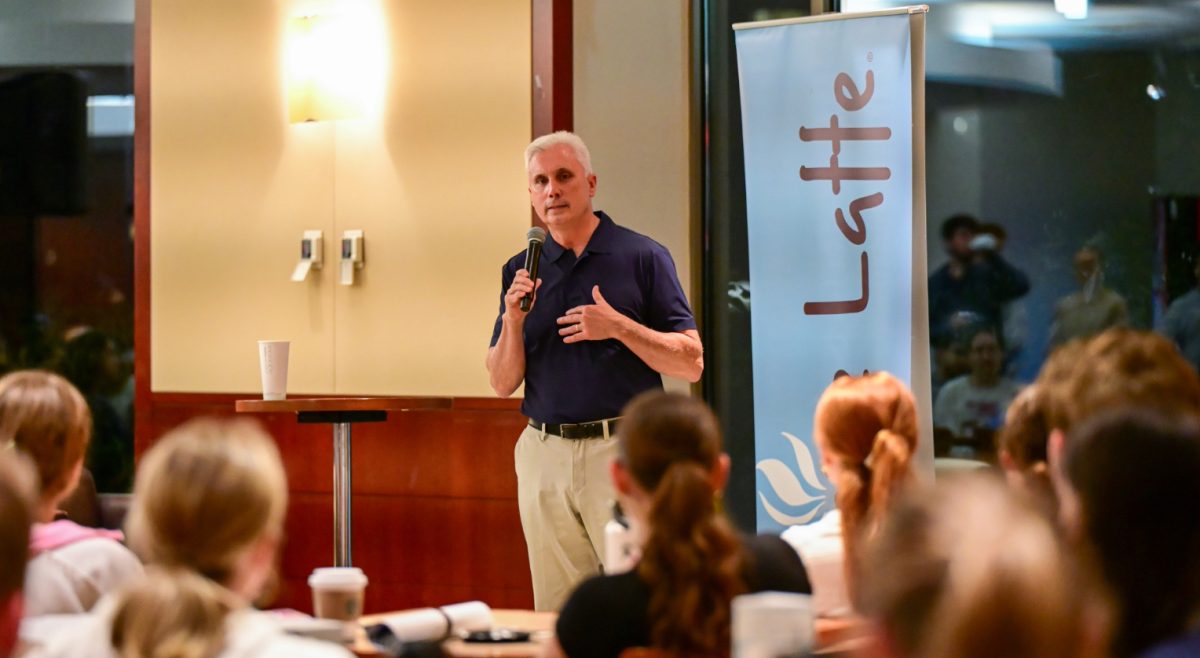For the last two years, the AHANA Alumni Advisory Council has worked to encourage Boston College to include more diverse perspectives among members of the Board of Trustees and at BC in general, according to Darcel Clark, the Bronx County district attorney and BC ’83. Clark said she is one of two voting black trustees currently on the Board. The other is Steve Pemberton, chief diversity officer at Walgreens and BC ’89, who joined the Board this past fall.
Last March, a Boston Globe article on the state of Boston College Athletics said that, at the time, there were no African Americans on BC’s Board of Trustees. That was untrue—Clark has served on the Board since 1998. But in an interview with The Heights last week, Clark said diversity on the Board has generally remained low during her time as a trustee. She estimated there have usually been one or two African Americans, one or two Hispanics, and one of Asian descent in the last 10 years.
Clark said the council met last year with John Fish, CEO of Suffolk Construction and the chair of BC’s Board, to recommend people to serve as trustees. Clark said they would continue to make recommendations of qualified people to the Board’s Executive Committee, and noted that although the council’s constituency is alumni, non-alumni can also be trustees. She thinks diversity on the Board can only strengthen BC.
“Sometimes people don’t see what’s right in front of them, so it’s a matter of making people more aware of how important it is to have diversity and inclusion,” Clark said. “It’s good business for Boston College, it’s good community for Boston College, it’s just good for BC.”
Clark said she thinks the additional perspective of more diverse trustees would improve discourse and conversation on the Board, even if it does not necessarily make the Board operate differently.
“When you have everybody that’s kind of the same, you’re going to get the same,” Clark said.
University Spokesman Jack Dunn said in an email that BC is committed to diversity in all areas, including the Board.
“The BC Board is diverse in its composition, and recruiting a diverse membership for the future remains a priority,” he said.
Juan Concepcion, BC ’96, BC Law ’03, is the co-chair of the council and a trustee associate for BC. He served as a full voting member from 2010 to 2014. He said the University should start preparing for the changes in the student body that are projected as the AHANA community continues to grow nationally.
“It no longer is just a matter of the right thing to do, the politically correct thing to do, it really is about the future of Boston College,” he said.
Concepcion said there is no specific timeline or plan in place for increasing diversity on the Board. He said he would like other people to have a seat at the table, but the nature of the Board is that there can’t really be a formal plan for adding more diverse members—those appointed need to be competent in business and understand the needs of BC. He hopes, rather, that the conscientiousness of the University is heightened to the point where it intentionally seeks to add more diverse people to the Board.
“We’re a class-A institution, our numbers look good,” Concepcion said, highlighting the fact that about 30 percent of students identify as AHANA. “But when you talk to the students, as I have, they feel like there’s something missing.”
According to Concepcion, the University Strategic Planning Initiative does not contain a specific diversity section as part of its proposed 10-year plan, the details of which have not yet been released publicly. He questions how the University could not have it as a standalone objective, which he also said is a critical element of BC’s business.
Dunn said BC’s commitment to diversity is clearly stated in the USPI, which will be discussed at the Board’s meeting in March.
Senior administrators told the council that diversity and inclusion were implicitly captured in other elements of the plan, and the council said its position was that implication was not the same as expressly stating BC’s goals on paper.
Concepcion said everybody on the council works in partnership with BC, and that though there is some disagreement, they have been trying to “gently” make sure the University understands its perspective.
Conception thinks the 10-year plan should be focused in part on trying to figure out how BC can yield more AHANA applicants. He said he does not care about professors’ skin color, as long as their scholarly perspective is inclusive and diverse, but he realizes the importance of professors’ skin color if it is tied to specific perspective. He thinks in general it is “indefensible” for the USPI to leave a void in diversity and inclusion, although he does not think there is necessarily a connection between lack of diversity among the Board members and its absence in the 10-year plan.
“This isn’t about personal feelings, this is about caring for an institution that does a lot for so many people,” he said. “And we hope to actually prepare the institution to continue to do that in a changing environment.”
Featured Image Courtesy of bc.edu



















